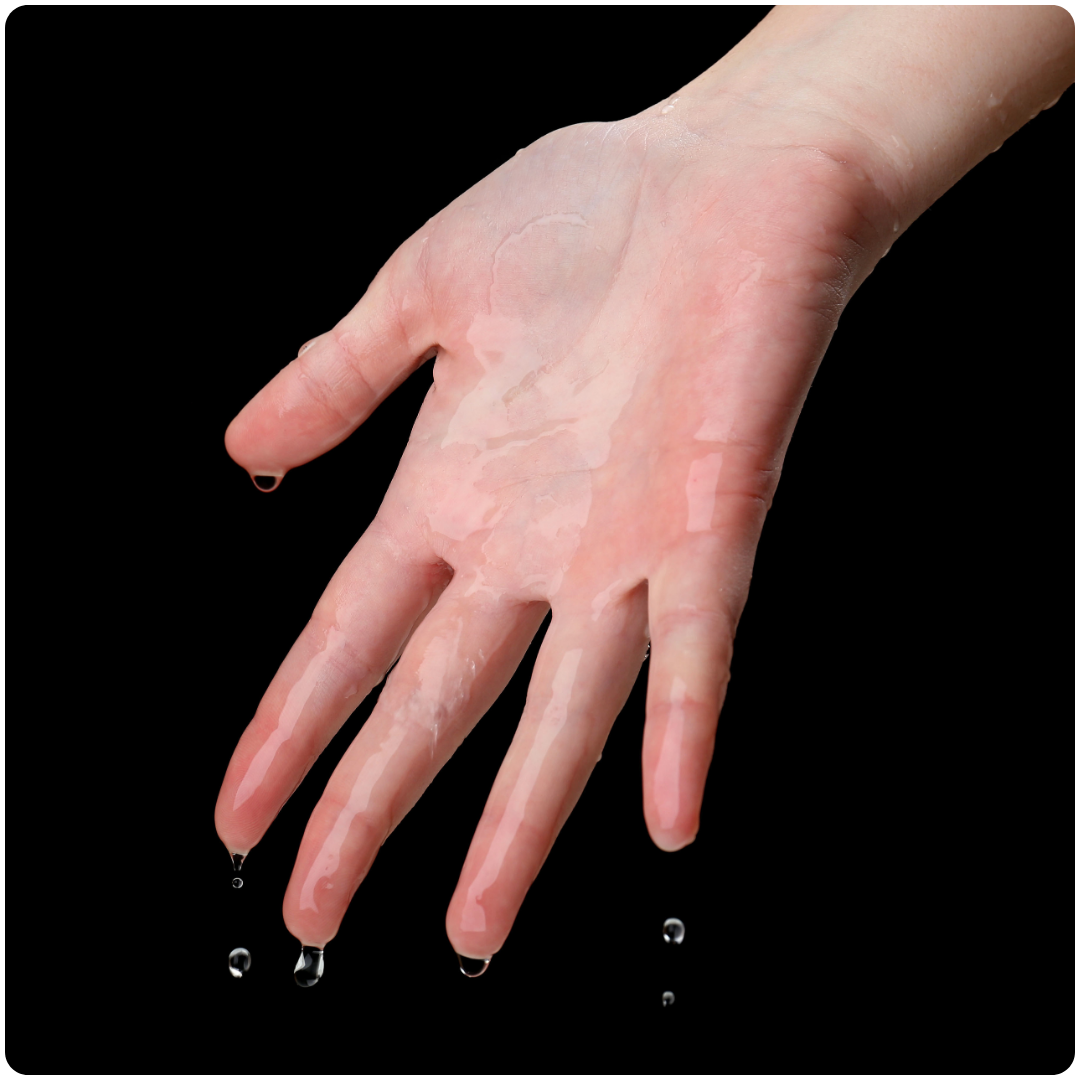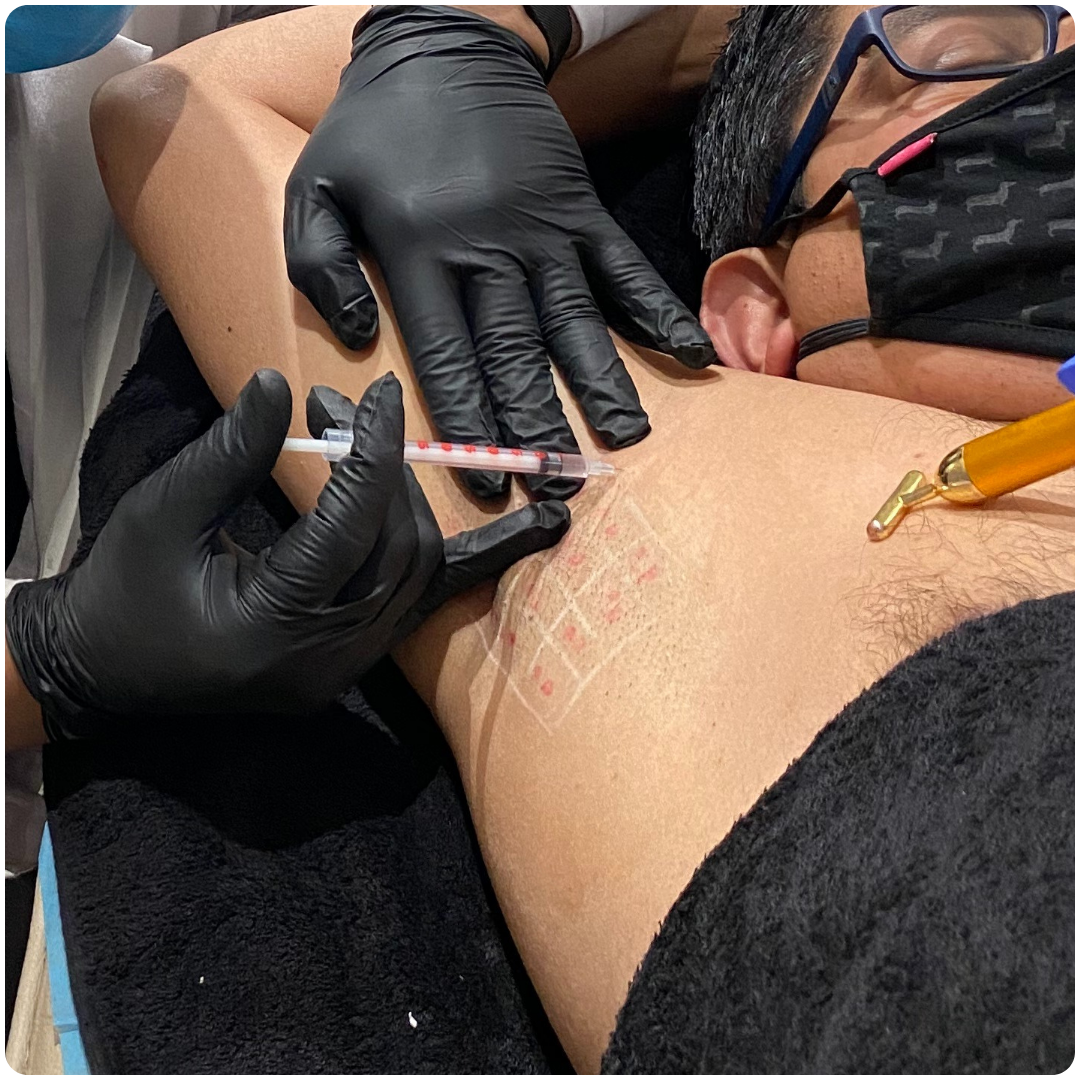Hyperhidrosis Treatment
What Is Hyperhidrosis Treatment?
Hyperhidrosis is said to be a condition wherein abnormally excessive sweating that is not necessarily related to heat or exercise takes place. The person affected by this may sweat so much that it soaks through their clothes or drips off their hands.
Besides disrupting normal daily activities, this type of heavy sweating can cause social anxiety and embarrassment. However, effective treatments are available for the same. To begin with you might be prescribed with prescription-strength antiperspirants medications, which are usually not that effective.
Botox is a new treatment option for people with hyperhidrosis. You may be a candidate for Botox if your sweating fails to improve with prescription antiperspirants. Botox has been FDA approved for people who sweat excessively from their armpits. It may also be used “Off label” to reduce sweating in other areas such as the hands, feet & face.

Get Effective Hyperhidrosis Treatment at Musk Clinic

When To See a Doctor
Sometimes excessive sweating is a sign of a serious condition. One should seek immediate medical attention if heavy sweating is accompanied by lightheadedness, chest pain or nausea.
The following are the symptoms that you need to address: -
- Sweating disrupts your daily routine
- Sweating causes emotional distress or social withdrawal
- You suddenly begin to sweat more than usual
- You experience night sweats for no apparent reason
What Triggers Excessive Sweating?
The most common form of hyperhidrosis is called primary focal (essential) hyperhidrosis. With this type, the nerves responsible for signaling your sweat glands become overactive, even though they haven’t been triggered by physical activity or a rise in temperature.
With stress or nervousness, the problem becomes even worse. This type usually affects your palms and soles and sometimes your face. There is no medical cause for this type of hyperhidrosis.
It may have a hereditary component, because it sometimes runs in families. Secondary hyperhidrosis occurs when excess sweating is due to a medical condition. It’s less commonly seen.
One may sweat all over the body due to following ailments: -
- Diabetes
- Menopause hot flashes
- Thyroid problems
- Low blood sugar
- Some types of cancer
- Heart attack
- Nervous system disorders
- Infections
- Certain medications can also lead to heavy sweating, as can opioid withdrawal.
At your consultation, you will be asked about your medical history and symptoms. You may also need a physical exam or tests to further evaluate the cause of your condition.
The doctor may also recommend blood, urine or other lab tests to see if your sweating is caused by another medical condition, such as an overactive thyroid (hyperthyroidism) or low blood sugar (hypoglycemia).
You may be also asked to undergo a Thermoregulatory sweat test. This test helps the doctor pinpoint the areas of sweating and estimate the severity of the condition, including an iodine-starch test and skin conductance.
If an underlying medical condition is contributing to the problem, that condition will be treated first. If no clear cause can be found, treatment focuses on controlling excessive sweating. Sometimes you may need to try a combination of treatments. And even if your sweating improves after treatment, it may recur.
Each case is different, and a detailed study of your specific case can help the doctors to decide your line of treatment. Apart from medications which are in the form of antiperspirant creams you would also be given oral nerve-blocking medications to block the chemicals that would help reduce sweating.
Some patients also need to be given Botox injections. This helps to temporarily block the nerves that cause sweating. The effects may last from six to 12 months, and then the treatment needs to be repeated.
Botox works by blocking the nerves responsible for activating your sweat glands. Normally, your nervous system activates your sweat glands when your body temperature rises. This is how your body automatically cools itself in people with hyper hidrosis, however, the nerves that signal the sweat glands are overactive.
When you receive Botox injection directly into the arm of your body that commonly sweats, your overactive nerves are essentially calmed down. When your nerves can’t signal sweat glands, you don’t sweat. However, Botox only prevents sweating in the specific area where it is injected.
Studies have found that Botox successfully treats sweaty palms in 80-90% of cases. However, the treatment doesn’t last quite as long as the underarm treatments. Studies also show that Botox works to treat forehead sweat. It can reduce sweating by 75% for about 5 months.












